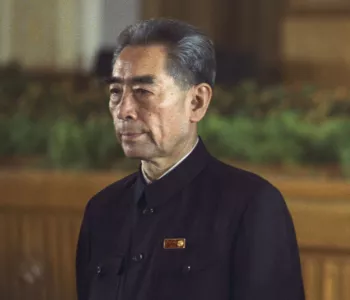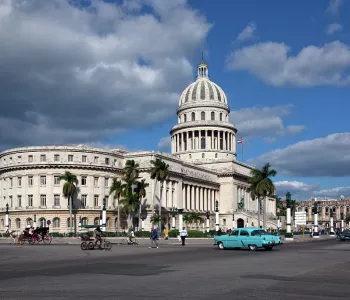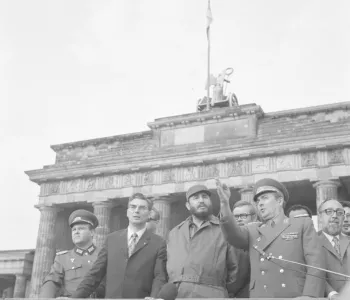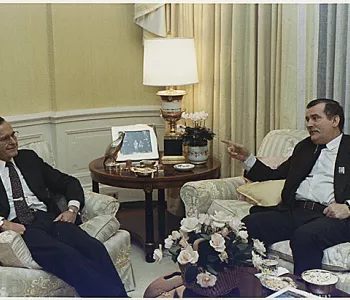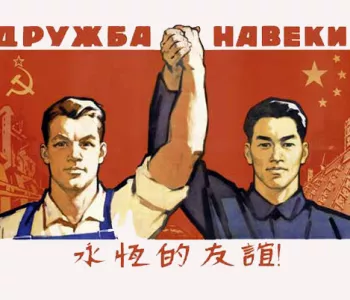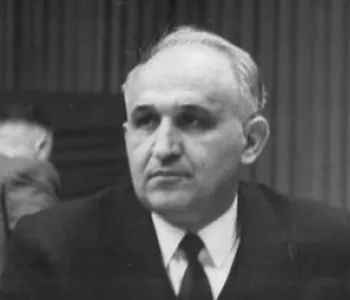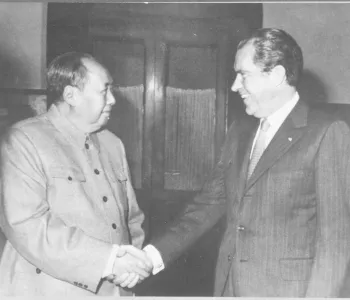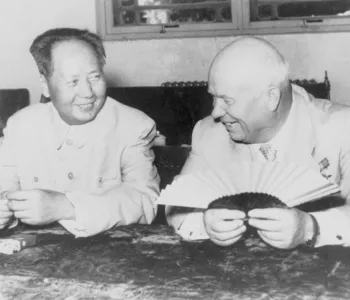This memorandum is a compendium of comments about the Treaty of Tlatelolco made by different delegations at the UN. It includes statements by the delegates from the United States, Brazil, Ireland, Ethiopia, Austria, Italy, Pakistan, El Salvador, Mauritania, Iraq, Greece, Spain, Tanzania, Zambia, the Netherlands, Argentina, Venezuela, Sierra Leone, Canada, Jordan, Ecuador, Guyana, Colombia, Malta, Panama, Bolivia, Costa Rica, and Peru, in that order.

